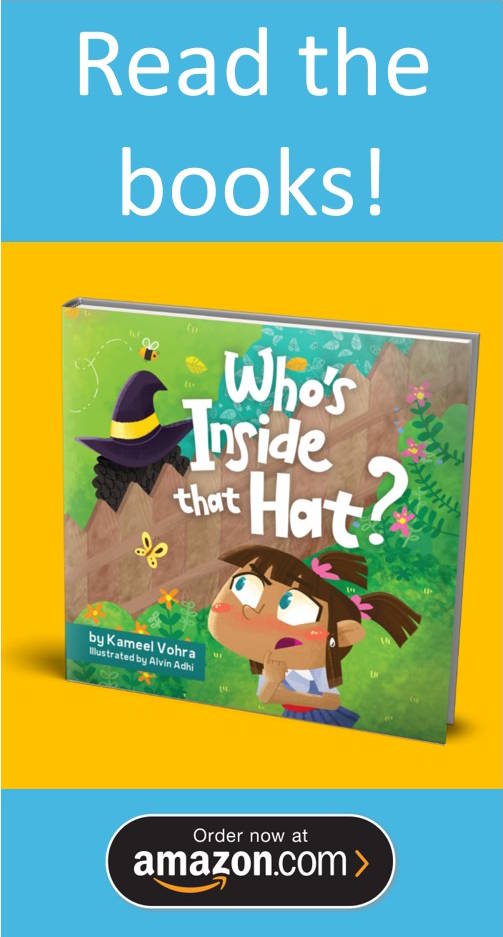The world is a beautiful tapestry woven with countless cultures, ethnicities, and backgrounds. It’s not just your children, or kids from your school, we want all children to embrace diversity and grow into open-minded, compassionate individuals that understand each other – that’s why we write diverse kids stories. But how do we as parents protect them from the inevitable biases they’ll encounter, whilst continuing to fostering a sense of global citizenship? Here are a few ways to minimize their exposure to prejudice and raise kind, inclusive humans:
1. Be aware of school curriculums and textbooks:
Schools play a significant role in shaping young minds. It’s important to be aware of the learning materials used in your child’s classroom. Do the history books highlight diverse voices? Do science textbooks feature scientists from different backgrounds? If you find a lack of representation, consider having an open conversation with the class teacher or parents committee, and suggesting more inclusive resources.
Whilst many older books may contain prejudicial viewpoints, there are great alternatives that your school might consider. If your local schools or libraries are slow to respond, you can always find diverse resources and activities from companies that sell service learning resources.
Remember that it’s important to be aware of the textbooks and any changes that might be happening local to your school or state.
2. Open a World of Stories: Embrace Diverse Characters
Books are a great way for children to expand their worlds. Actively seek out children’s literature with a diverse range of characters and narratives. There are many books that celebrate different cultures and abilities.
Diverse stories allow your child to see themselves reflected, while also introducing them to experiences outside their own. Try taking them to boutique bookstores, there are many that specialize in diverse children’s literature.
3. Enjoy screen time together, New & Old
Television serials and movies can be a powerful tool for learning. Look for shows with diverse casts and storylines that challenge stereotypes. Discuss the characters and situations with your child, prompting them to consider different perspectives. Many streaming services offer curated options for kids’ content with a focus on diversity and inclusion.
Some celebrities have been thrown into the spotlight after saying they would never let their children watch the old Disney classics. Whilst understandable, it’s important for children to learn about the past, and how things have changed over the years. We can’t pretend things were different, instead help your children understand how the world has evolved. Like cartoons, people and what’s acceptable has changed.
4. Equip them to face bullying
Even with the best efforts, children will encounter prejudice, often in the form of bullying. Create a safe space for open communication. Encourage them to talk about any negative experiences they face, whether at school or online. Discuss what bullying is and how they can respond assertively. Role-play scenarios to help them build confidence in handling difficult situations.
Talking about your day went and how you felt, is a great way to get them talking about their day and anything that might be troubling them. Often kids are most open to communicate when reading their bedtime stories, but pick whenever is most comfortable for your child and you to communicate.
5. You are their Hero(ine)
Remember, you are your child’s biggest role model. They will learn what’s right and wrong from observing you. Be mindful of your own language and avoid making biased statements, bias jokes or using racial stereotypes. While they might not understand it, children will often repeat what you say, or assume that these are reasonable views to be embraced. It’s not uncommon for children to take jokes out of context or struggle with understanding why they’re only appropriate in particular situations.
Remind them to follow the Golden Rule “If you can’t say anything nice, don’t say anything at all.” and keep teaching them.


